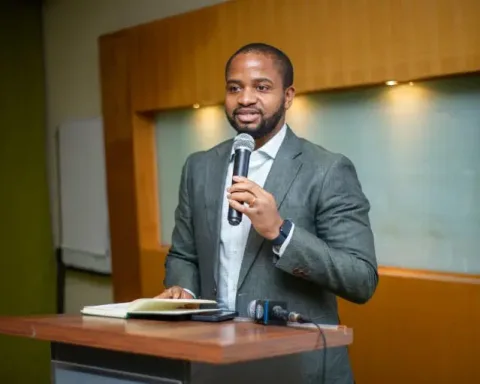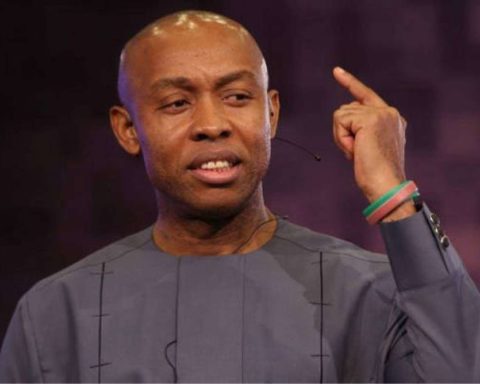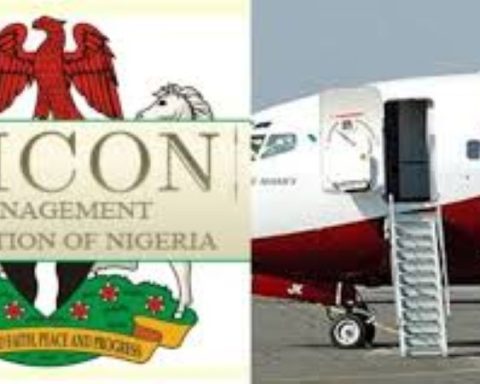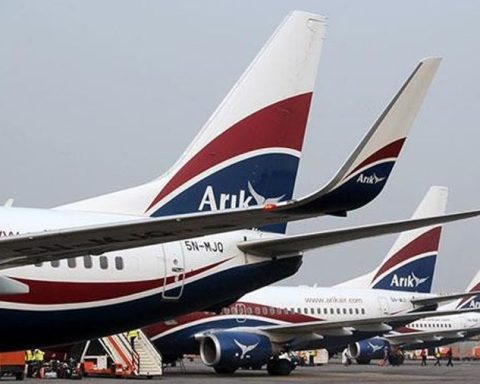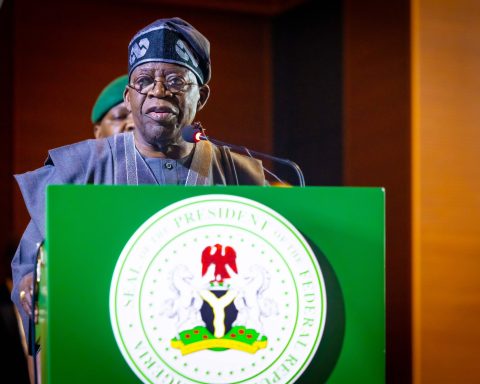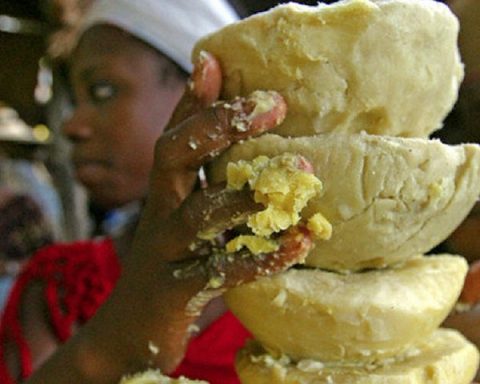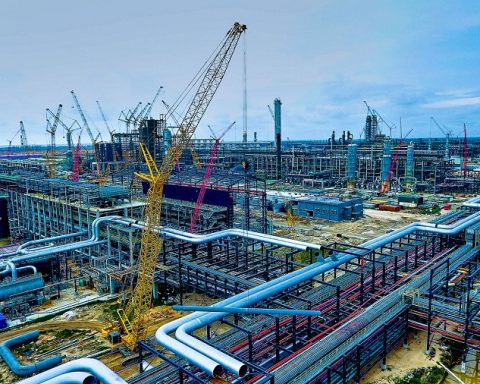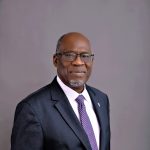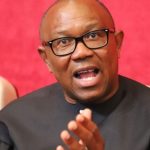In the late 1950s, Eastern Nigeria, under the visionary leadership of Nnamdi Azikiwe, embarked on an ambitious economic development plan that would transform the region into a thriving industrial hub. The plan, crafted by renowned US consulting firm Arthur D. Little, aimed to catapult Eastern Nigeria into the league of rapidly industrializing economies.
At the heart of this plan was the establishment of industrial estates and corridors, strategically located across the region. Trans-Amadi in Port Harcourt was designated for heavy industries, while Aba was earmarked for light industries. Umuahia was positioned as a hub for biotechnology, with the Golden Guinea Brewery and the Root Crop Research Institute serving as anchors.
Join our WhatsApp ChannelThe plan also envisioned the creation of industrial corridors, stretching over 100 miles, to facilitate the growth of feeder industries. The Emene-Nkalagu Industrial Corridor, for instance, was designed to focus on automobiles, building materials, and industrial automation.
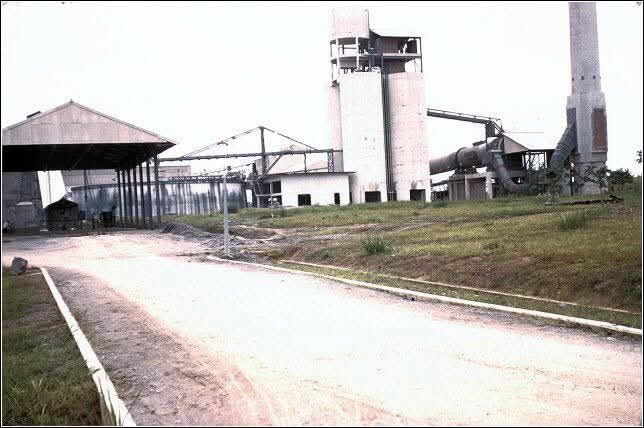
READ ALSO: South-east Nigeria’s Gas Pipeline Exclusion: A Legacy Of Marginalisation
To drive retail trade, Onitsha was transformed into an emporium, attracting buyers from across West Africa. This strategic move gave the Anambra Igbo a head start in retail trading, an advantage they still enjoy today.
The development plan was centrally driven by the Eastern Nigeria Development Corporation (ENDC) and the Eastern Nigerian Commodities Board (ENCB), both headed by the indefatigable Sir Louis Phillip Odumegwu Ojukwu. Funds for development were sourced from local revenues, direct foreign investments, and loans from the Commonwealth Development Corporation (CDC).
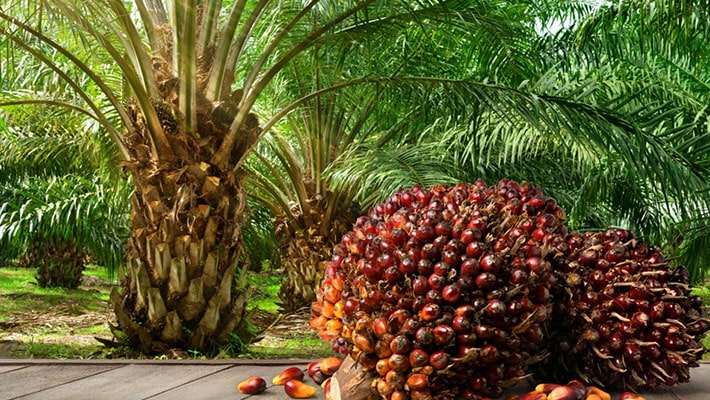
READ ALSO: Senate Confirms Mark Okoye, Nworgu, Okonkwo, Others For SEDC, NWDC
However, the outbreak of the Nigerian Civil War in 1967 truncated this economic miracle, leaving the region to pick up the pieces. The Federal Government’s seizure of Eastern Nigeria’s oil assets, without compensation, further exacerbated the region’s economic woes.
How Tinubu’s Southeast Development Commission Can Revive the Region’s Economy
Today, as Nigeria grapples with economic challenges, it is essential to revisit this forgotten blueprint and learn from the successes and failures of Eastern Nigeria’s economic development plan. The newly created Southeast Development Commission, led by Mark Okoye, presents a unique opportunity to revive the region’s economic fortunes.
By leveraging the historical successes of Eastern Nigeria’s economic development plan, the Southeast Development Commission can:
1. Re-establish industrial estates and corridors: Revive the industrial estates and corridors that were established in the 1950s and 1960s, and create new ones to drive economic growth.
READ ALSO: SEDC MD Highlights Commision’s Plans To Boost Agricultural Activities In South-East
2. Promote retail trade: Revitalize Onitsha’s emporium status and establish new retail hubs across the region to drive economic activity.

3. Foster biotechnology and innovation: Build on the legacy of Umuahia’s biotechnology hub and establish new innovation centers to drive entrepreneurship and job creation.
4. Develop strategic partnerships: Establish partnerships with international organisations, foreign investors, and local stakeholders to attract investment and drive economic growth.
5. Prioritize infrastructure development: Invest in critical infrastructure such as roads, bridges, and energy to support economic growth and development.
By learning from the past and leveraging the Southeast Development Commission’s mandate, the region can recreate its economic prosperity and emerge as a thriving economic hub in Nigeria.
Dr Mbamalu, a Jefferson Journalism Fellow, Member of the Nigerian Guild of Editors (NGE) and Media/Communications Consultant, is the Publisher of Prime Business Africa (PBA).
Dr. Marcel Mbamalu is a distinguished communication scholar, journalist, and entrepreneur with three decades of experience in the media industry. He holds a Ph.D. in Mass Communication from the University of Nigeria, Nsukka, and serves as the publisher of Prime Business Africa, a renowned multimedia news platform catering to Nigeria and Africa's socio-economic needs.
Dr. Mbamalu's journalism career spans over two decades, during which he honed his skills at The Guardian Newspaper, rising to the position of senior editor. Notably, between 2018 and 2023, he collaborated with the World Health Organization (WHO) in Northeast Nigeria, training senior journalists on conflict reporting and health journalism.
Dr. Mbamalu's expertise has earned him international recognition. He was the sole African representative at the 2023 Jefferson Fellowship program, participating in a study tour of the United States and Asia (Japan and Hong Kong) on inclusion, income gaps, and migration issues.
In 2020, he was part of a global media team that covered the United States presidential election.
Dr. Mbamalu has attended prestigious media trainings, including the Bloomberg Financial Journalism Training and the Reuters/AfDB Training on "Effective Coverage of Infrastructural Development in Africa."
As a columnist for The Punch Newspaper, with insightful articles published in other prominent Nigerian dailies, including ThisDay, Leadership, The Sun, and The Guardian, Dr. Mbamalu regularly provides in-depth analysis on socio-political and economic issues.




